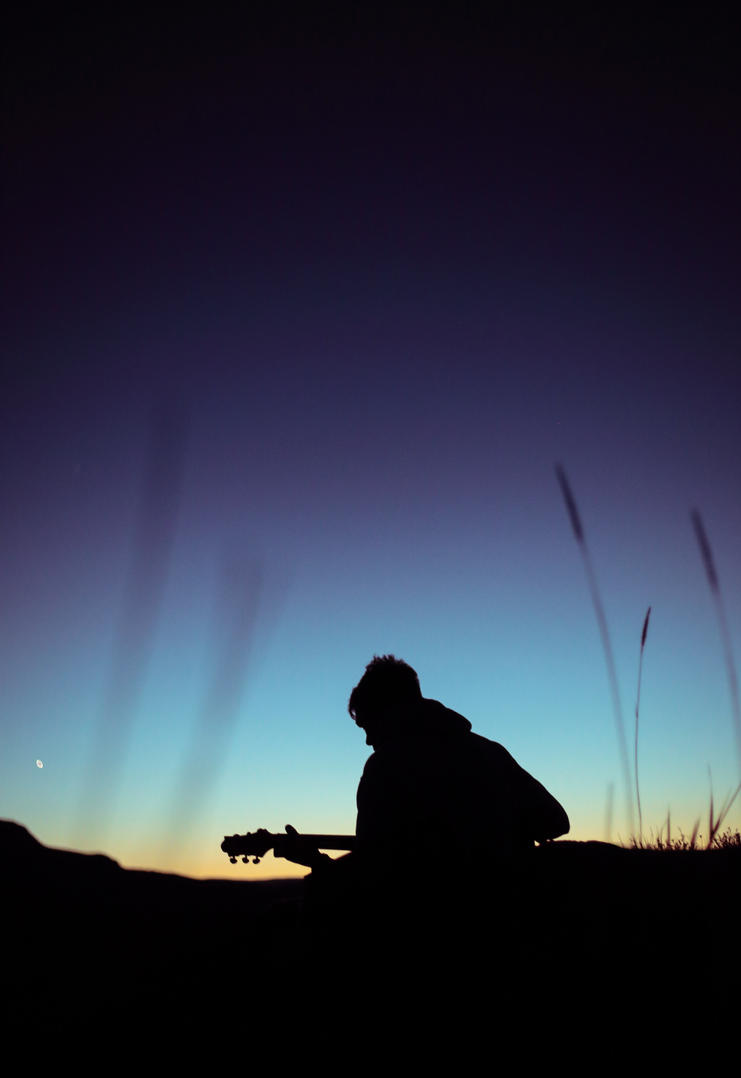Sep 29 2017
Fakhruddin Iraqi – Love plays its lute behind the screen
Love plays its lute behind the screen
by Fakhruddin Iraqi
English version by William Chittick and Peter Lamborn Wilson
Love plays its lute behind the screen —
where is a lover to listen to its tune?
With every breath a new song,
each split second a new string plucked.
The world has spilled Love’s secret —
when could music ever hold its tongue?
Every atom babbles the mystery —
Listen yourself, for I’m no tattletale!
 — from Fakhruddin Iraqi: Divine Flashes (Classics of Western Spirituality) , Translated by William Chittick / Translated by Nasr Seyyed Hossein
— from Fakhruddin Iraqi: Divine Flashes (Classics of Western Spirituality) , Translated by William Chittick / Translated by Nasr Seyyed Hossein

/ Image by DakKap /
I like the way this poem starts out by teasing us with a riddle that can be read in two different ways–
Love plays its lute behind the screen —
where is a lover to listen to its tune?
On the one hand, Iraqi is chiding the world for not producing enough lovers of God. Love is eternally calling to us with its soft music “behind the screen” of reality, but few are actually listening; lovers can’t be found.
On a deeper level, it is understood that the true lover has no substance, because he or she is utterly merged into the Beloved, God. So, even where there are lovers, there are no lovers found.
The world has spilled Love’s secret —
Whoever thinks divine love is just a philosophical notion, isn’t really listening.
All of reality is filled with an inner music…
Every atom babbles the mystery —
…and that music is a song of love.
Listen yourself, for I’m no tattletale!
Recommended Books: Fakhruddin Iraqi
|
Fakhruddin Iraqi
Iran/Persia/India/Turkey (? – 1289) Timeline |
Fakhruddin Ibrahim ‘Iraqi (sometimes written Araqi or Eraqi) was a fascinating figure who bridged several Sufi traditions and traveled through much of the Muslim world.
Iraqi was born near Hamadan, in what is today Iran. (The name Iraqi does not refer to the modern country of Iraq, but to the local region around Hamadan.) While still a young boy, he gained local fame for having memorized the entire Quran and reciting it aloud. He went on to acquire an impressive education in his teens.
This properly devout young man surprised everyone when he joined a group of traveling Kalandar dervishes. Kalandar Sufis had a bohemian, some would even say heretical, lifestyle and expression of the Muslim faith.
The young Iraqi eventually ended up in Multan in what is modern day Pakistan. There he received formal initiation into the Sufi way under Shaykh Baha’uddin, the head of the Suhrawardiyya Sufi Order, one of the most influential Sufi groups in the Indian subcontinent. Iraqi lived in Multan for 25 years, composing poetry. As the shaykh was dying, he supposedly named Iraqi to be his successor. But some in the order became jealous and denounced him to the local sultan who sought to have Iraqi arrested.
Iraqi fled the area with a few close companions, and they made their way to Mecca and Medina. Later they moved north to Konya in Turkey. This was Konya at the time of Rumi. Iraqi often listened to Rumi teach and recite poetry, and later attended Rumi’s funeral.
Although Iraqi was nominally the head (in exile) of a large and respected Sufi order, he humbly became the disciple of another Sufi master — Sadruddin Qunawi, who also lived in Konya at the time. Qunawi was the son-in-law of the recently deceased Sufi philosopher Ibn ‘Arabi. Although less known in the West today, Qunawi was perhaps the preeminent Sufi teacher in Konya at the time, even better known than his neighbor Rumi.
Iraqi was deeply devoted to Qunawi and to the teachings of Ibn ‘Arabi. It was a series of speeches Qunawi delivered on the esoteric meaning of Ibn ‘Arabi’s great works that inspired Iraqi to compose his own masterpiece of commentary and poetry named the Lama’at or Divine Flashes.
When Fakhruddin Iraqi died he was buried near Ibn ‘Arabi’s tomb.
Of course the poet is not a tattletale, he is a poet
The Tao Te Ching reads: Those who talk do not know; those who know do not talk.
Are the knowers being cagey, keeping important knowledge from the rest of us?
No, they are speechless in the face of the mystery which can only by “understood” through the “heart” whose voice is not wordy.
When/if i am ready, i will listen for “love’s flute” and i will “hear” it as clearly as is necessary.
Is there(here) still a “screen”?
A tear drops off on my cheek…
Is it Love’s one?
Is it Lover’s one?
WE ARE…
ONE